
For ninety-seven years. How many companies in the world have been operating in the same place on the map for 97 years? If there is a medal for this relay race from generation to generation, then the Damigu family certainly deserves it. In 1925, grandfather Antonis first opened a toy store at 3 Lykourgou Street in Omonia, in the 70s his son Nikos took over the management, and since 2000 the business has been “run” by Nikos’ daughters. Mirto and Marina Damigu together with Vassilis Kalogeropoulos, the 47-year-old “soul” of the store. “We are 97 years old, this is the oldest toy store in Greece. We used to say that we would measure them at one point, but I don’t see this,” Marina says today, without losing her sense of humor.
As the two women announced a few days ago on the historic toy store’s Facebook page, the store’s owner has asked them to vacate him due to the change in use of the building they live in. Their note was not meant to provoke protests, nor was it intended to generate a wave of love, though both. What they needed was the help of the public.
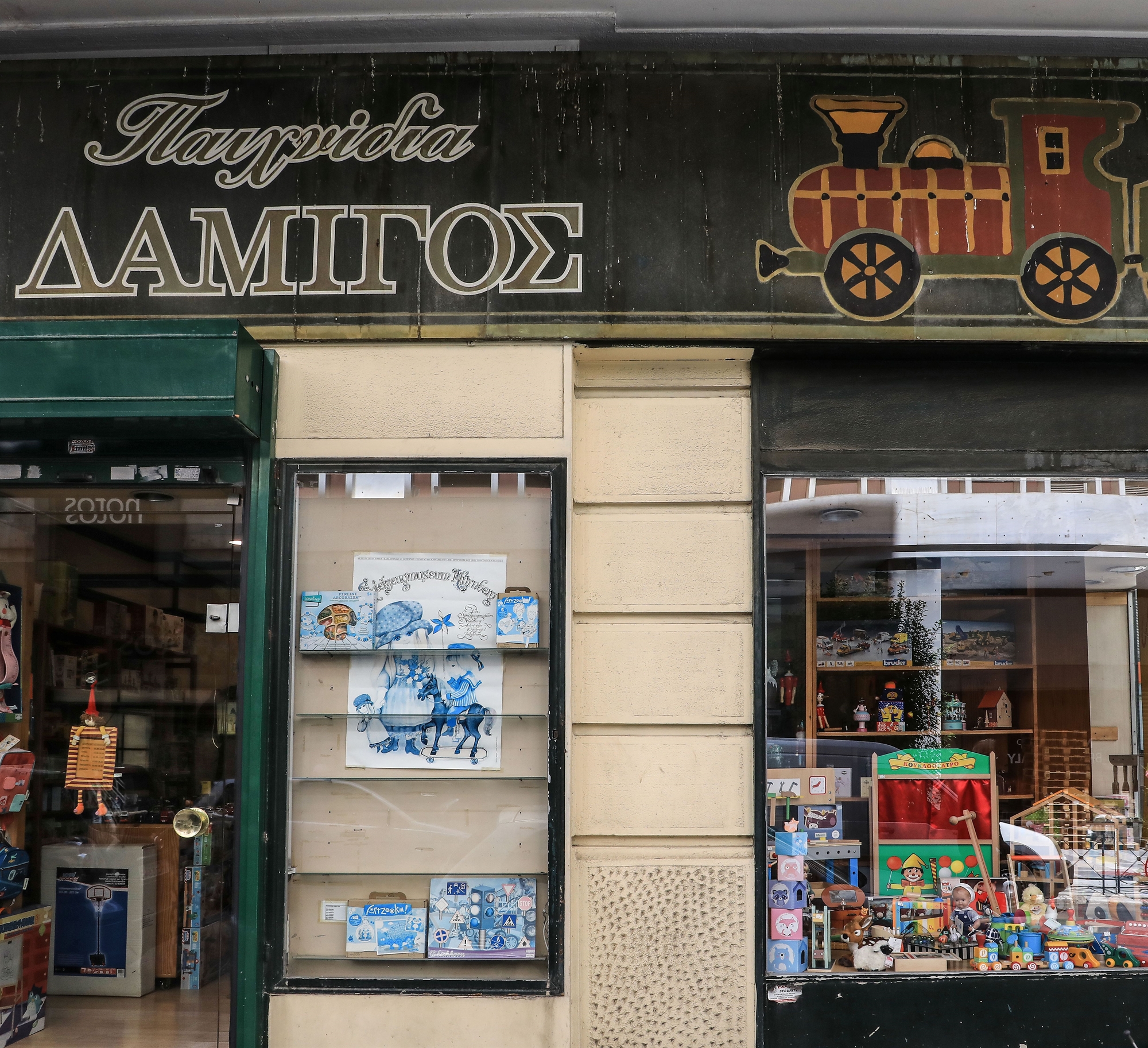
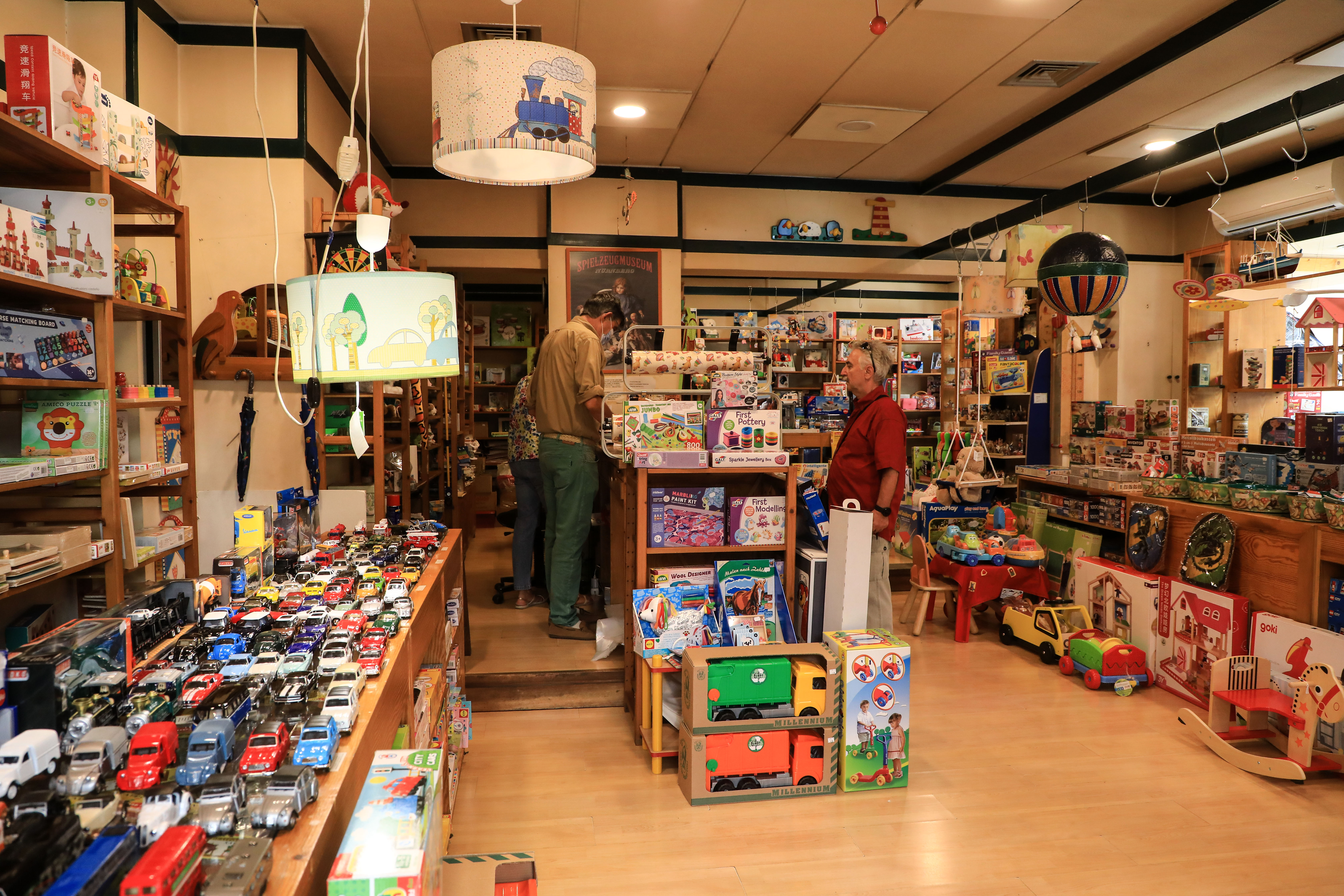
So far, the search for a new store in the area has not yielded any results. Available space is very scarce and either very small or has unrealistic rents and exorbitant renovation costs. “The store we are looking for should be around 50-70 sq.m. and have storage space. The area of interest to us is located from Athinas Street and above, towards Omonia and the historical center, to and around Academy Street. If any of the private individuals have a store that wants to rent it or knows someone, let them contact us,” they wrote, applying in an urgency form. September is a tough month for their industry, Christmas orders are in and stock is coming soon.
“The rent in the area we are considering is unacceptable, everyone asks for what they want,” says Marina Damigu. “I see ads for years, but the rent never changes. Many shops near us, from Stadiou to Klatmonos, are closed. In the historical triangle, I also notice many closed dilapidated shops. They leave them like that and are not interested in taking them again.”
These two experienced all the changes in the center of Athens. “Omonia went through a much more difficult phase. Hotels and tourism are in trend today. The area is not dangerous, people walk around, it is alive.” Another hotel opened nearby. “I don’t know if our own building will also become a hotel, but I think how good it would be in an area that is starting to recover if the oldest toy store in the country continued its life,” adds Mirto Damigu. . “Recently I was in London and, walking around the city center, I constantly saw cute little shops between hotels and department stores. It means variety.”
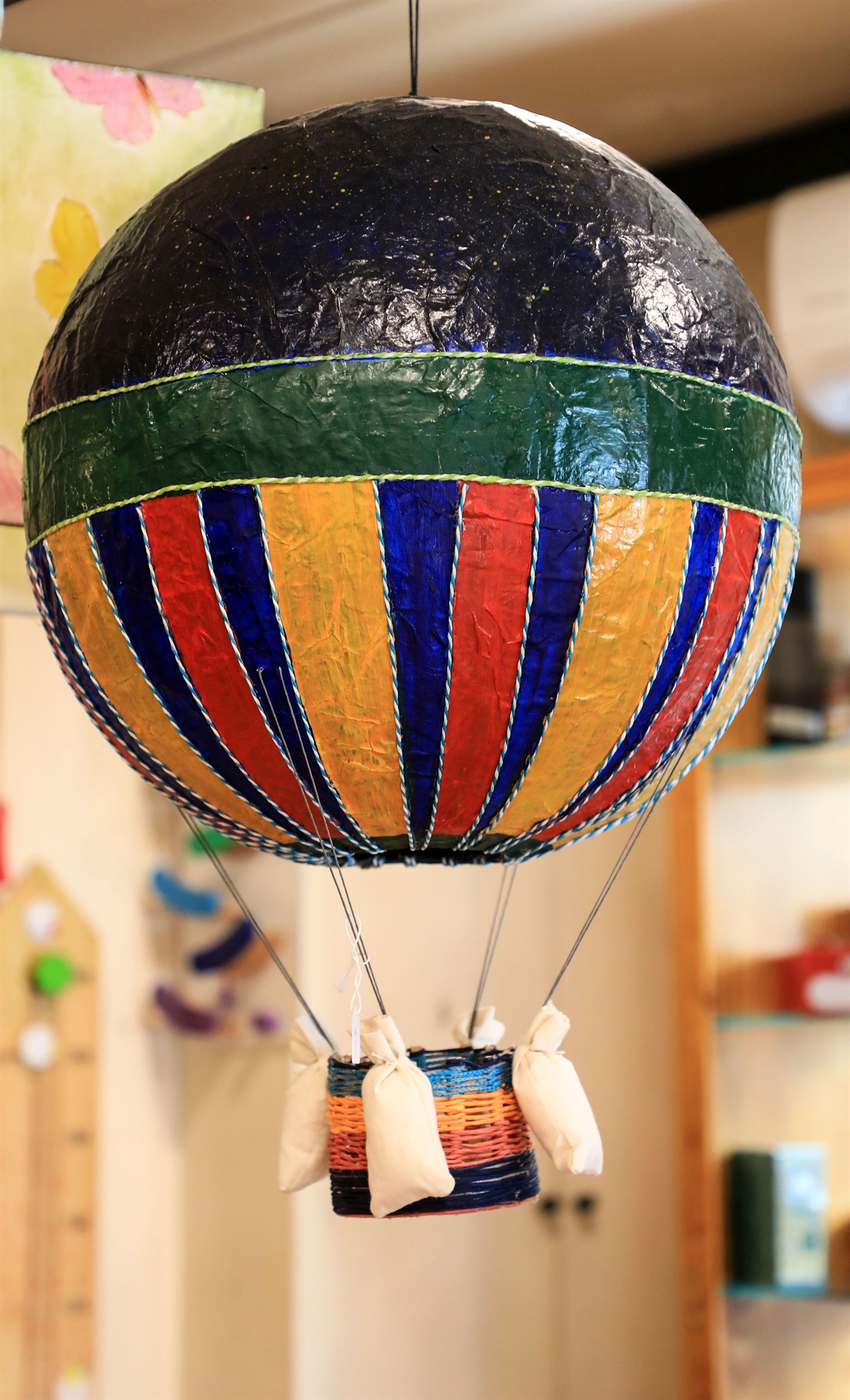

The Damigou business at 3 Lykourgou Street was opened in 1925 by his grandfather Antonis and continued by his son and two granddaughters.
Many suggest getting up and leaving the center in search of cheaper rent. Otherwise, “move” forever to the Internet. “We also thought about it,” Marina admits. “However, every day there is another online store. There won’t be enough pie for everyone, how long will they live?” The two sisters want to continue running Damigos Toys as a physical store for both sentimental and practical reasons. Many of their items are for adults, they are collectibles. “It’s one of the things the other person wants to see, touch.”
In the Lykourgos toy store you will find, among other things, the famous Schildkröt dolls, known in Greece as “turtles”, from the same German factory that has been producing them since 1896. thin plastic, these are the dolls of our grandmothers,” Mirto says. “They come to buy gifts for their grandchildren, they see them and remember when they were children.” Here you will find pewter toys from the same molds that a Greek craftsman used to make old lead soldiers by hand, several wooden toys from a closed Greek factory in Kouvalia, music boxes, toy trains, and more. The Lykourgos showcase has traditionally attracted the attention of young and old alike.
Did Antonis Damigos, coming to Athens from Santorini, think that his store would last that long? “Our grandfather was almost illiterate, but a commercial demon. He taught himself English and began to correspond with small factories abroad, bringing unique things.” His son, Nikos Damigos, now in his 80s, grew up in this toy store he owned himself in the 70s.
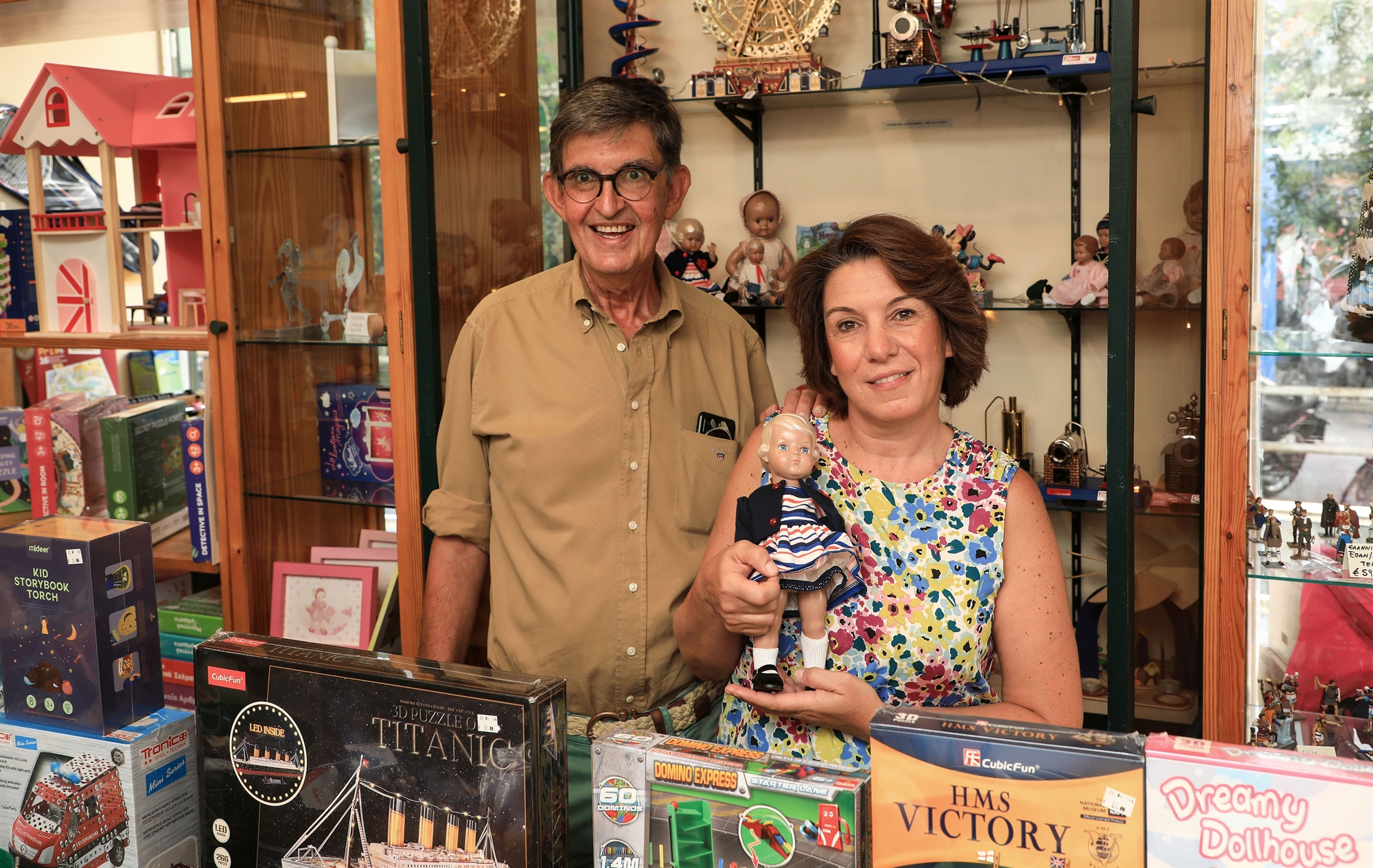
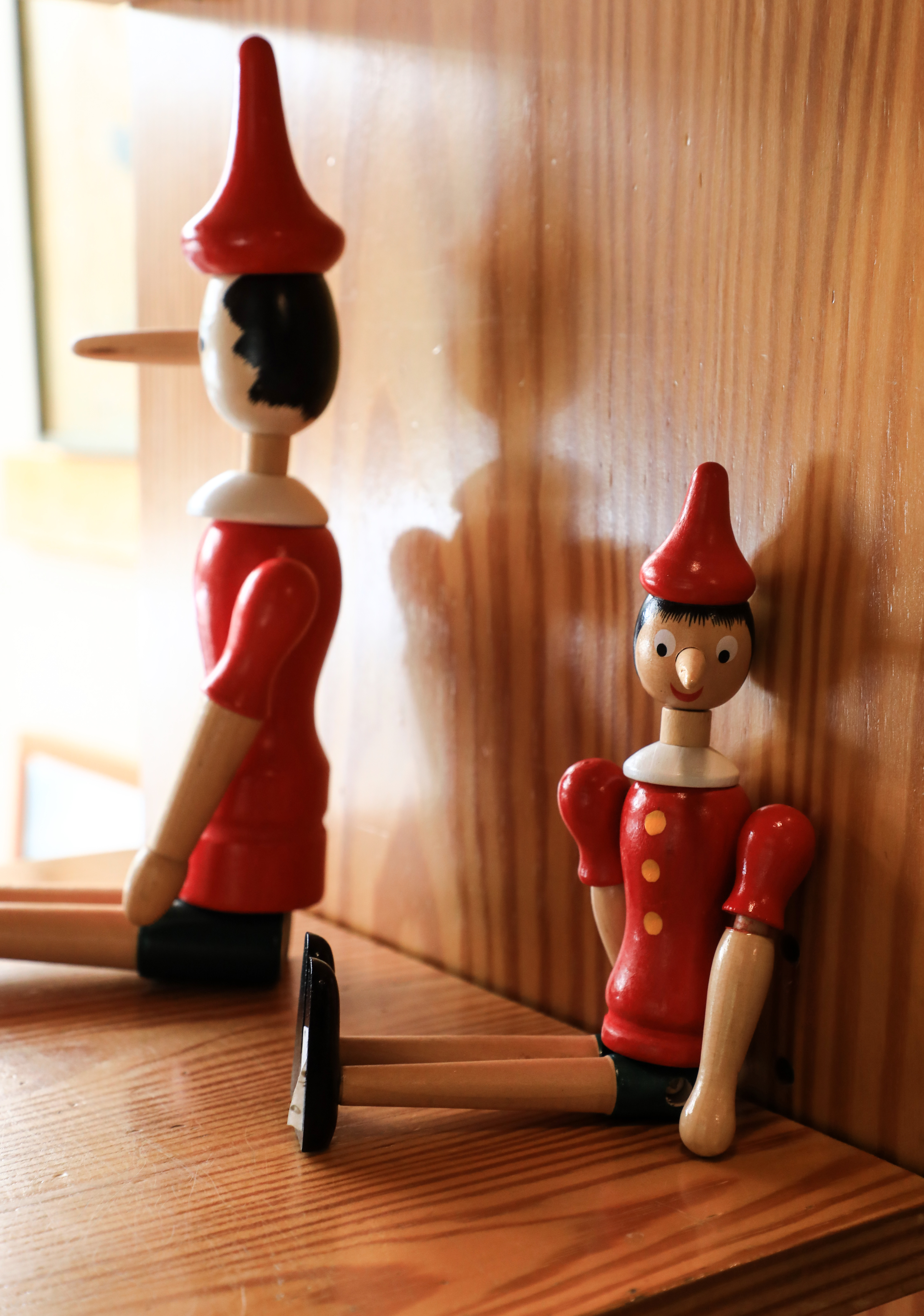
“When he retired in 2000, we were asked the question: “What are you going to do with the store?” You want it;” We both went our separate ways, but almost immediately said yes. We’ve been here and gone since we were little,” Marina says. hard times.War, civil war, crisis… That’s what dad tells us: that he is upset that when the store fell into our hands, there were repeated crises.
Despite the difficulties, they are proud to have kept the business open. This is also a kind of family tradition. “Neither during the war, nor in all these years, did our store close.” Therefore, when the sign comes down, Athens will suffer a small defeat. And she will forever lose part of her childishness.
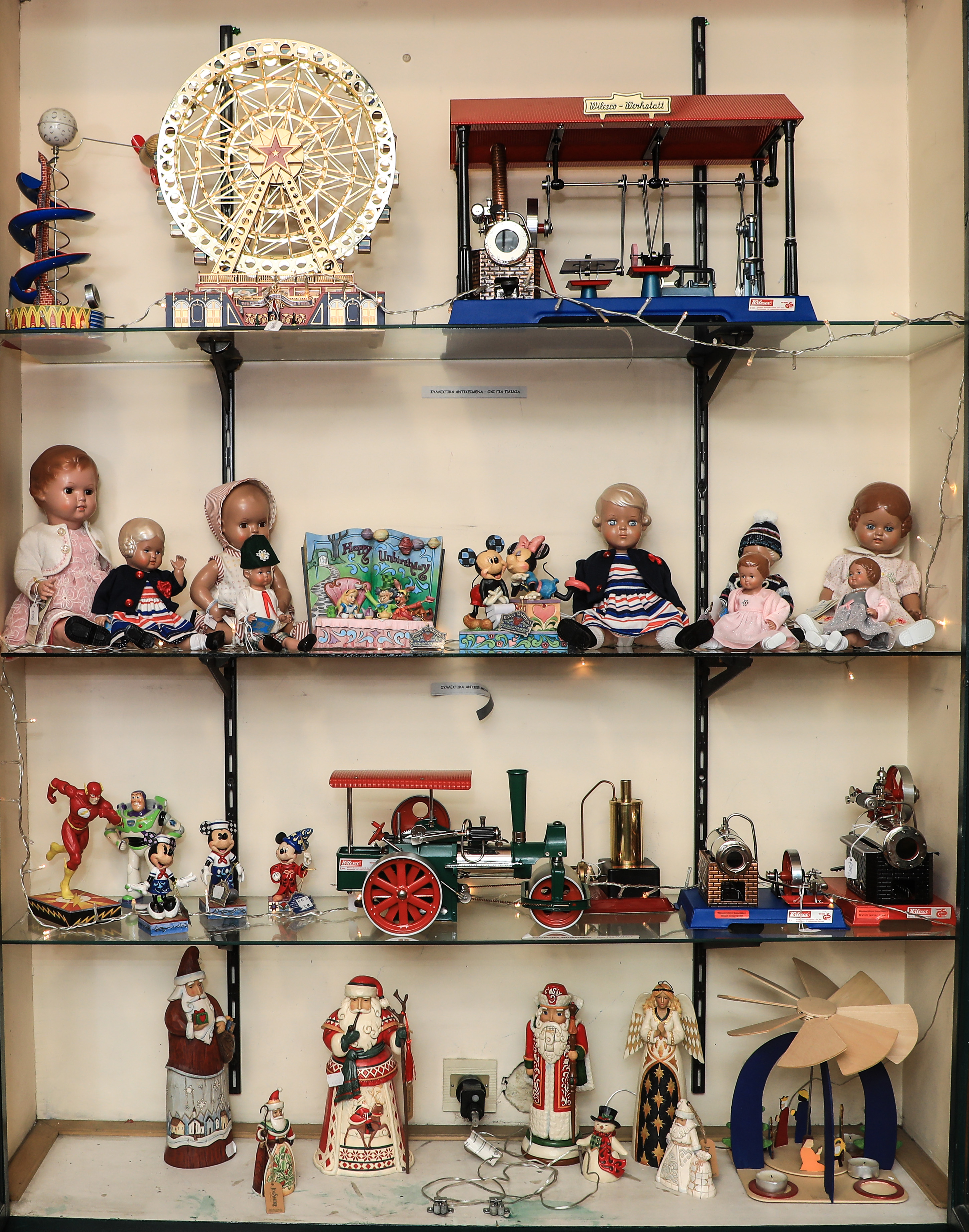
POINT OF VIEW
City memory
Nikos Vatopoulos
Athens is a city where you are unlikely to find historical businesses that have existed in the same place for two, three, four or even more generations. Old shops, whether they sell food, toys, stationery, medicine or clothes, are part of the urban tradition and their presence has a rallying effect, they are factors of social cohesion, mental security and aesthetic calm. Few cities in the world are so unfriendly or even indifferent to memory. Memory, through the mechanisms of recall and reunification, works propulsively, and not inhibitory, that is, it is a lever for moving forward.
The case of the eviction, temporary or not, of the Damigos toy store from the famous interwar building on Lykourgou Street, which will be restored, reminds us of the cycles of similar changes in Athens. Damigos is looking for a new home, but what is the first thing to remember? The eviction of the Hestia bookstore from Stoa Nikoludi on Stadiou street (and a happy move to Solonos 60 in 1978?)? Old Eleftheroudakis (before 1962) on Syntagma Square, before he moved to Nikis Street? Atlantis bookstore on Korai street? Kaufman just below that was permanently closed?
But if anyone stays in the world of gaming, he will also remember the case of Maggioros, who was forced to leave the historic headquarters at Hermou 17 in 1977. The neoclassical building was demolished and Majoros found a short-lived home in what was then the newly built Stoa Davaki, Akademia and Krizotu. But also the Panhellenic Agora at Stadiou, the temple of games for young and old? Historic Tsokas toy store in Aiolo and Patision?
The departure of old enterprises (in Greece, but also abroad) coincides with a change in the social and economic model. But it is this change, which is putting pressure on small and often family-run businesses, that reinforces both the need to save them and the concern to link them to familiar city landmarks. Stores that insist on tradition are part of everyone’s life. And cities bleed from memory.
Source: Kathimerini
James Springer is a renowned author and opinion writer, known for his bold and thought-provoking articles on a wide range of topics. He currently works as a writer at 247 news reel, where he uses his unique voice and sharp wit to offer fresh perspectives on current events. His articles are widely read and shared and has earned him a reputation as a talented and insightful writer.